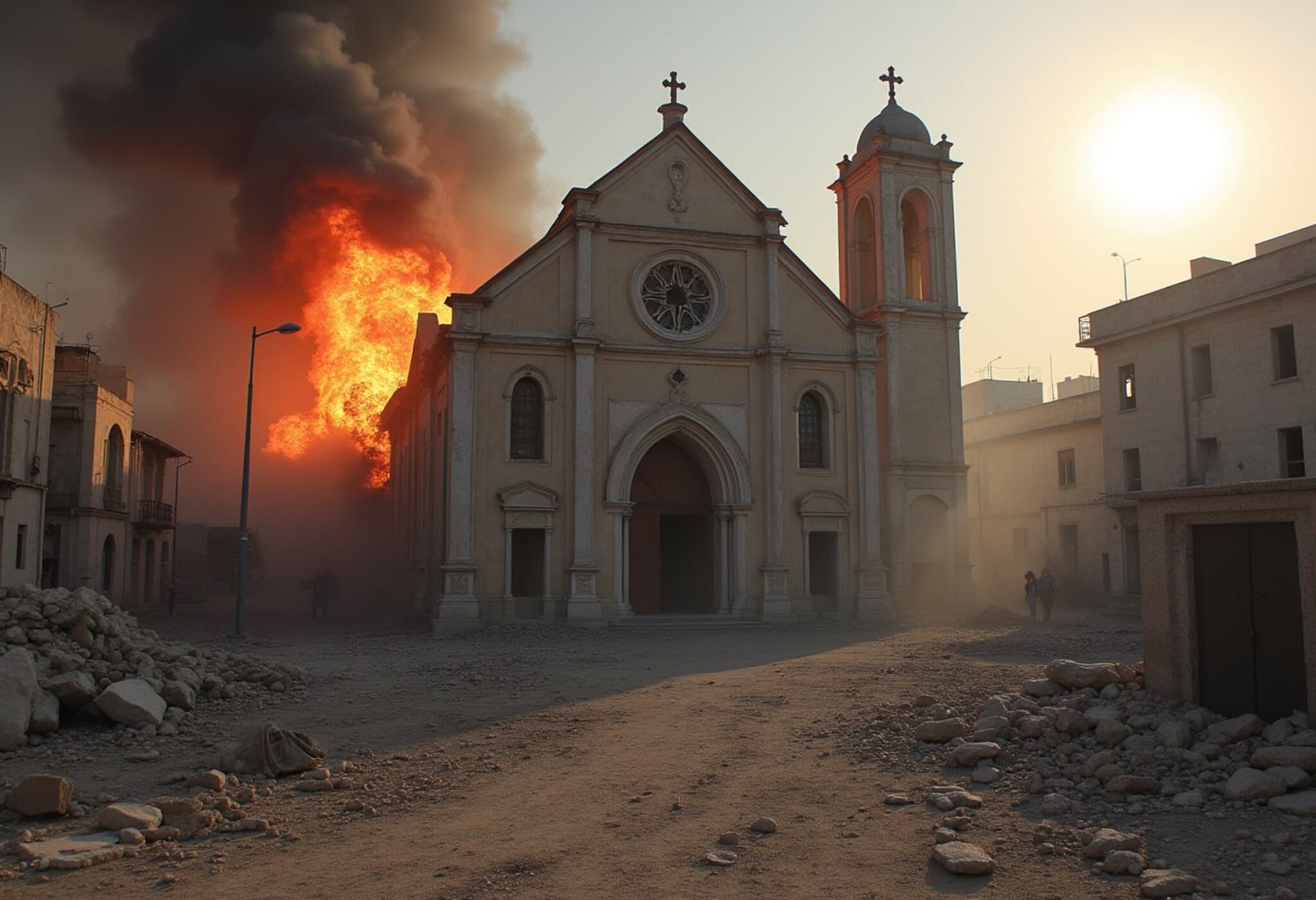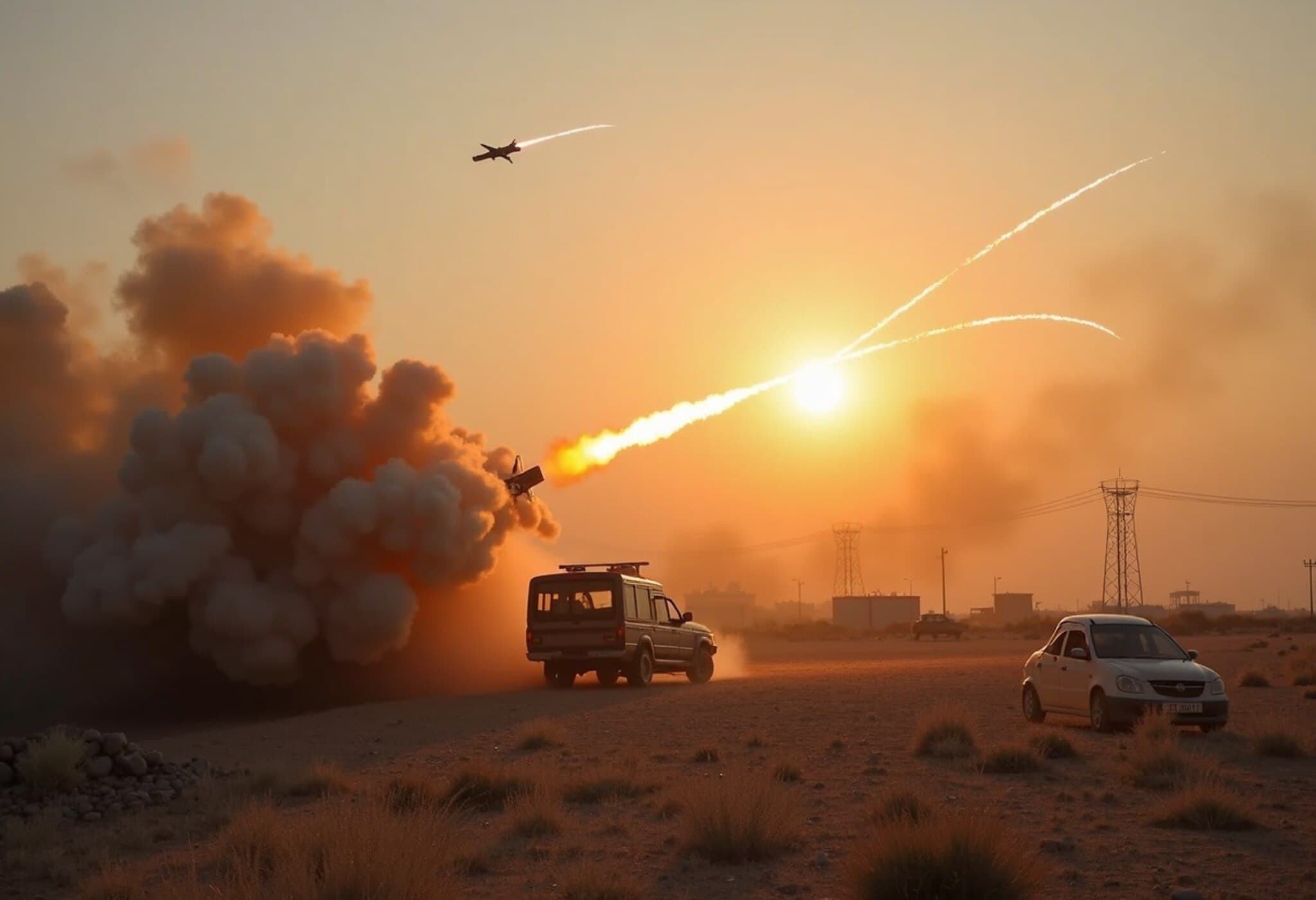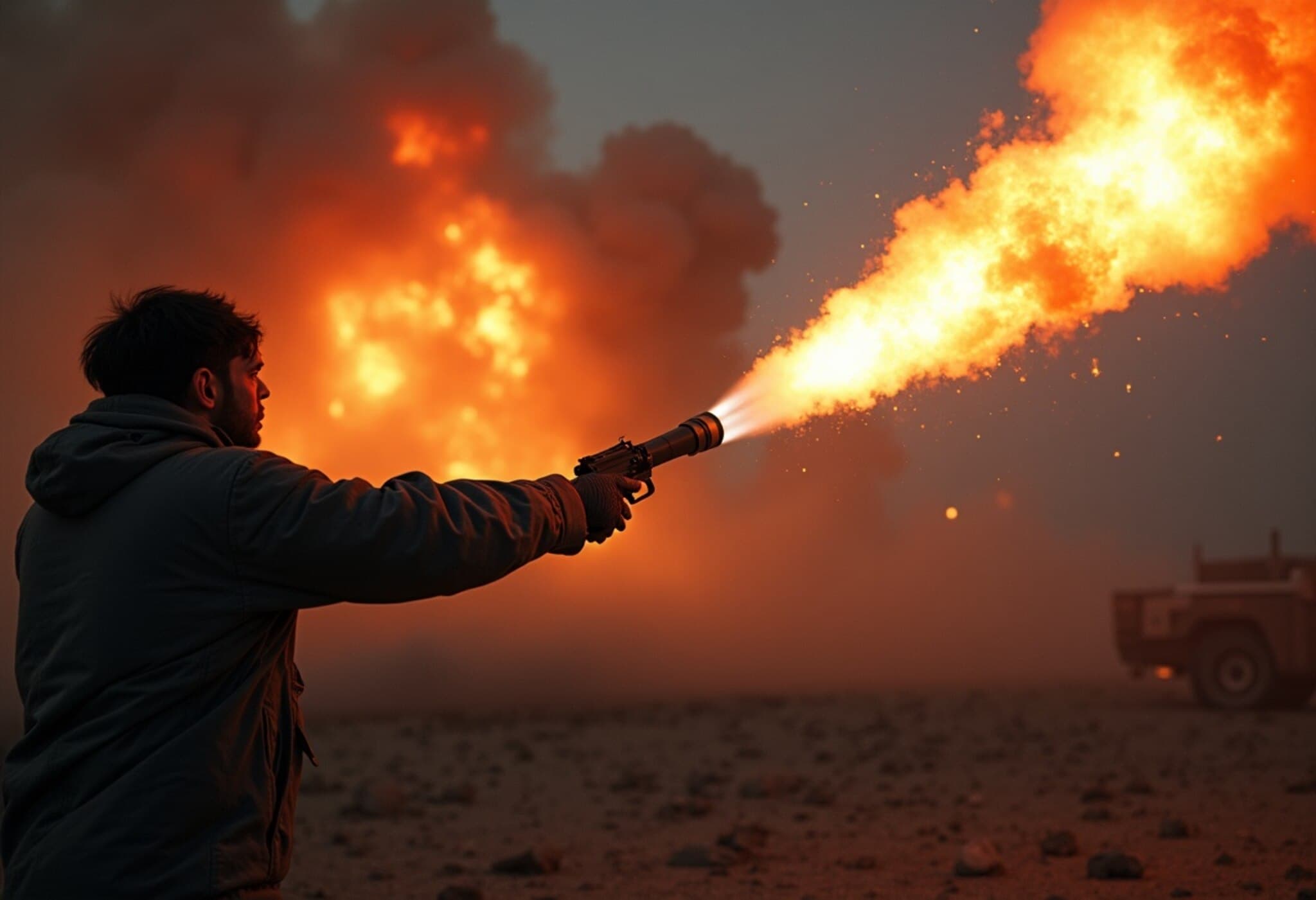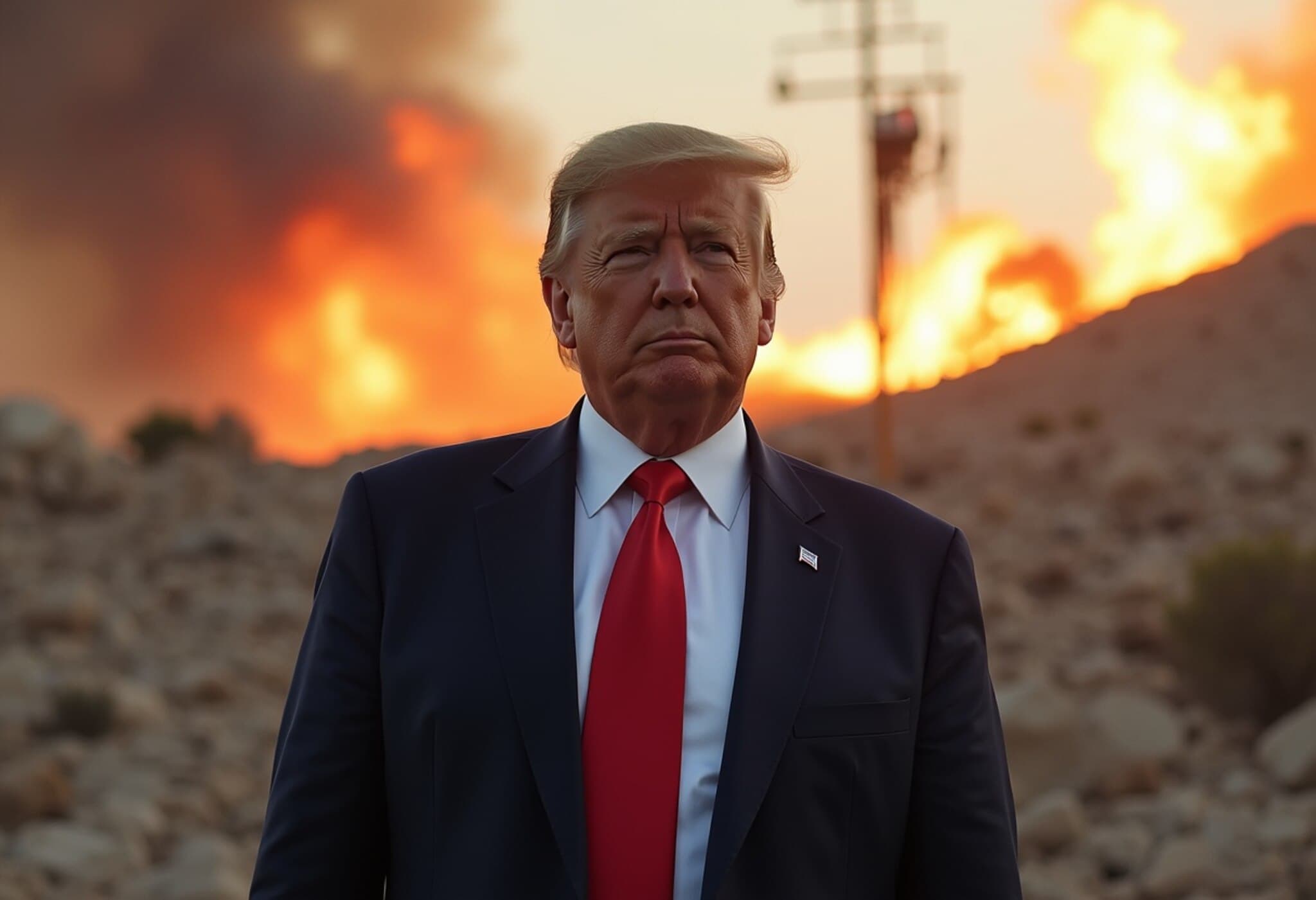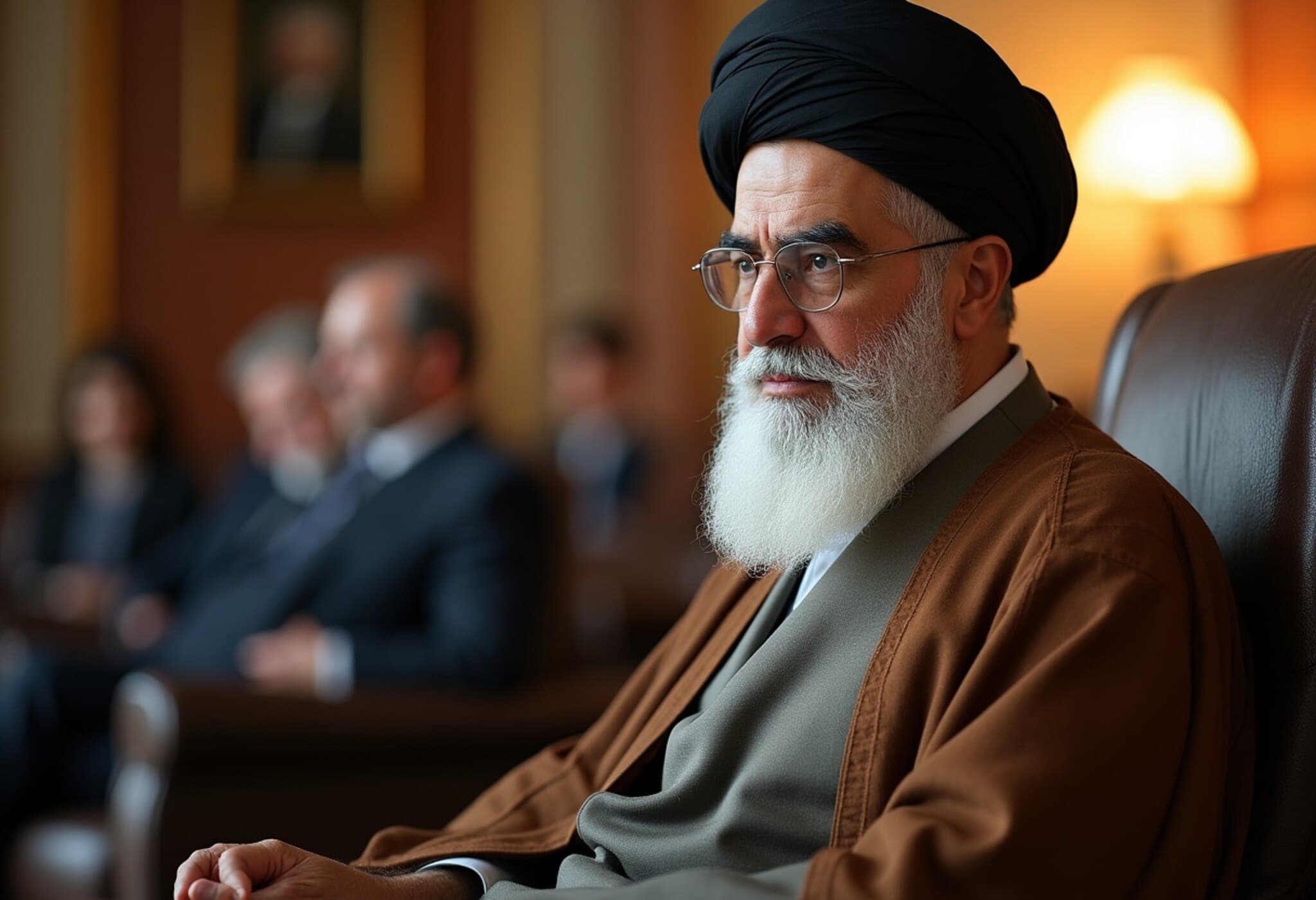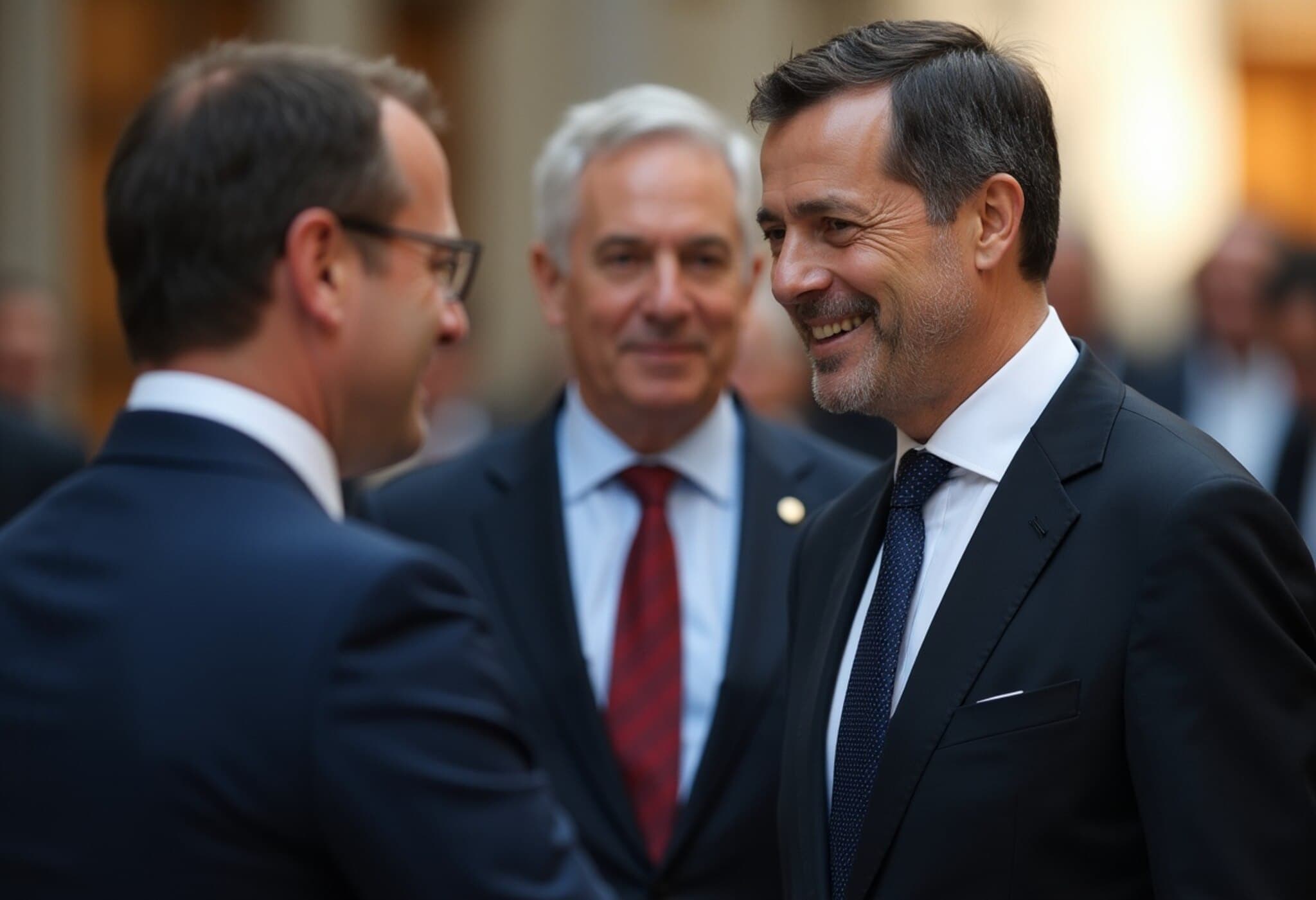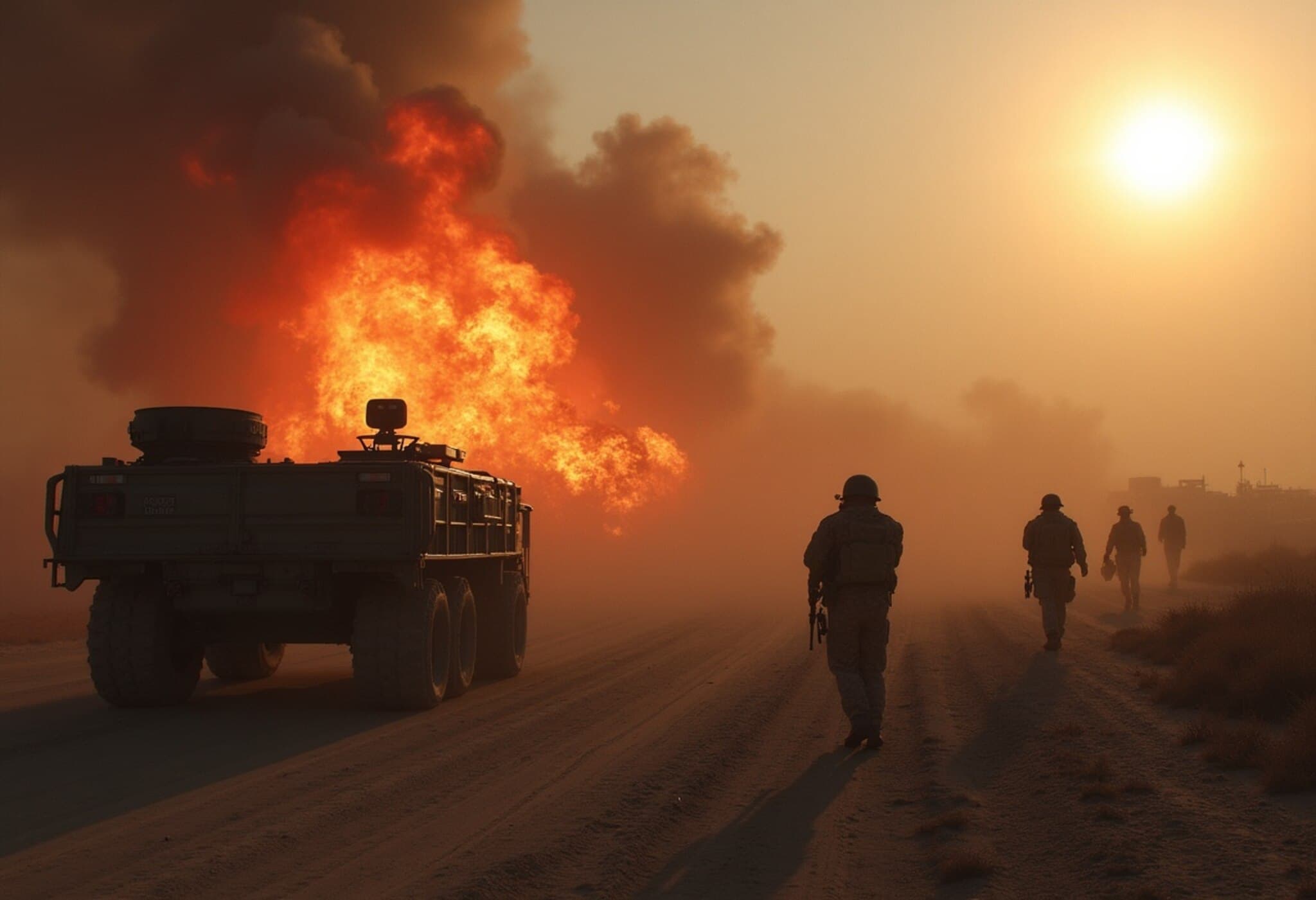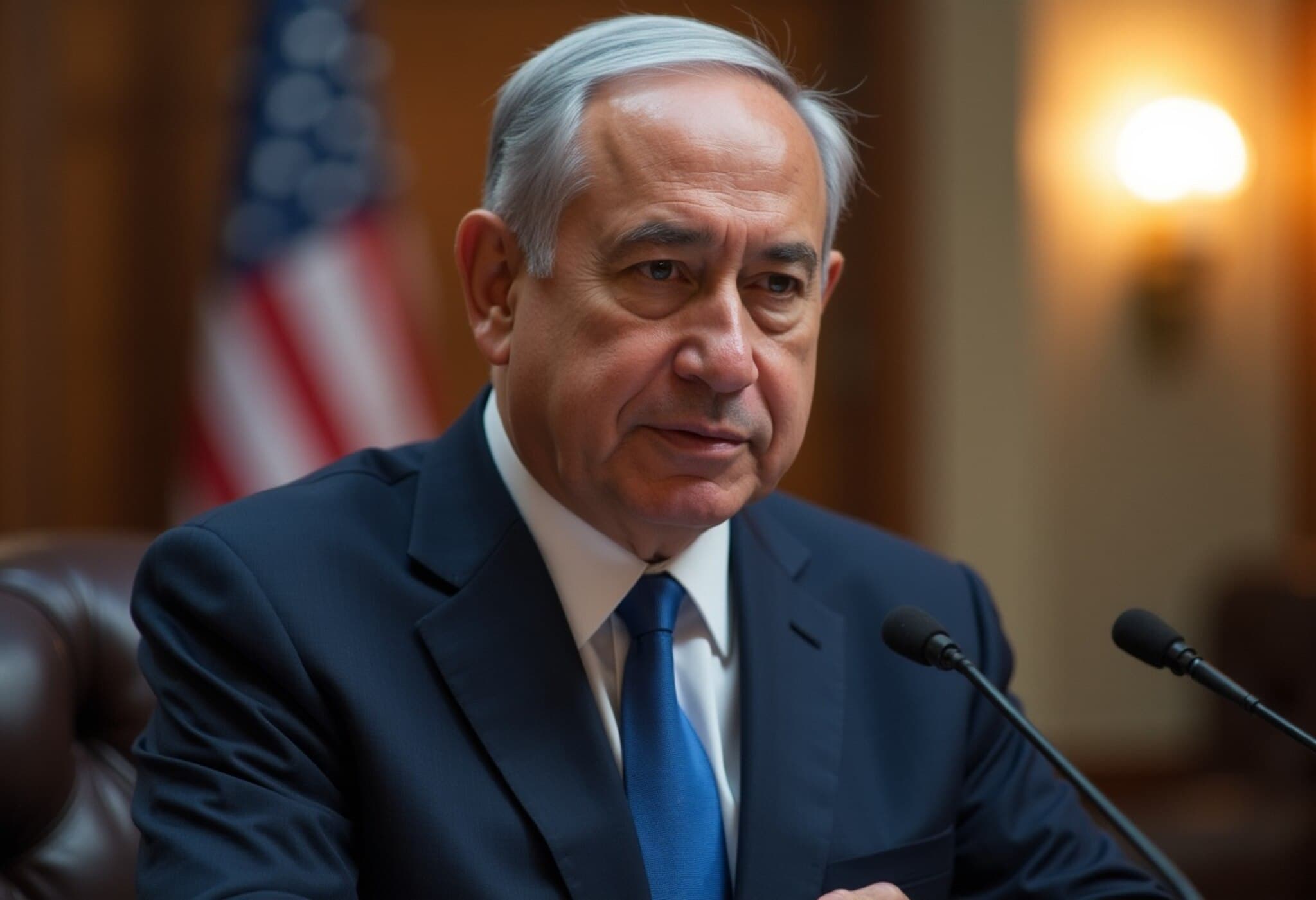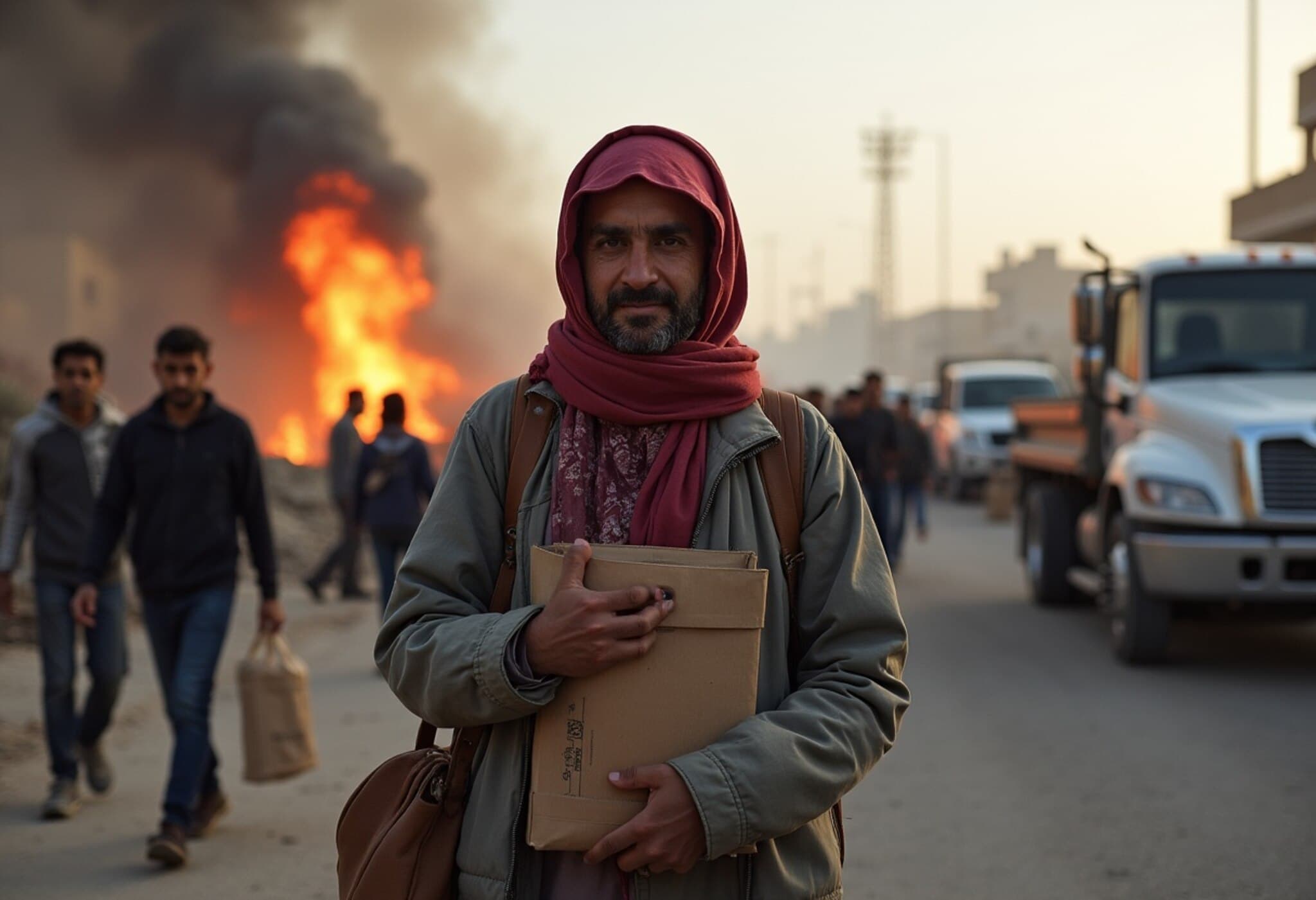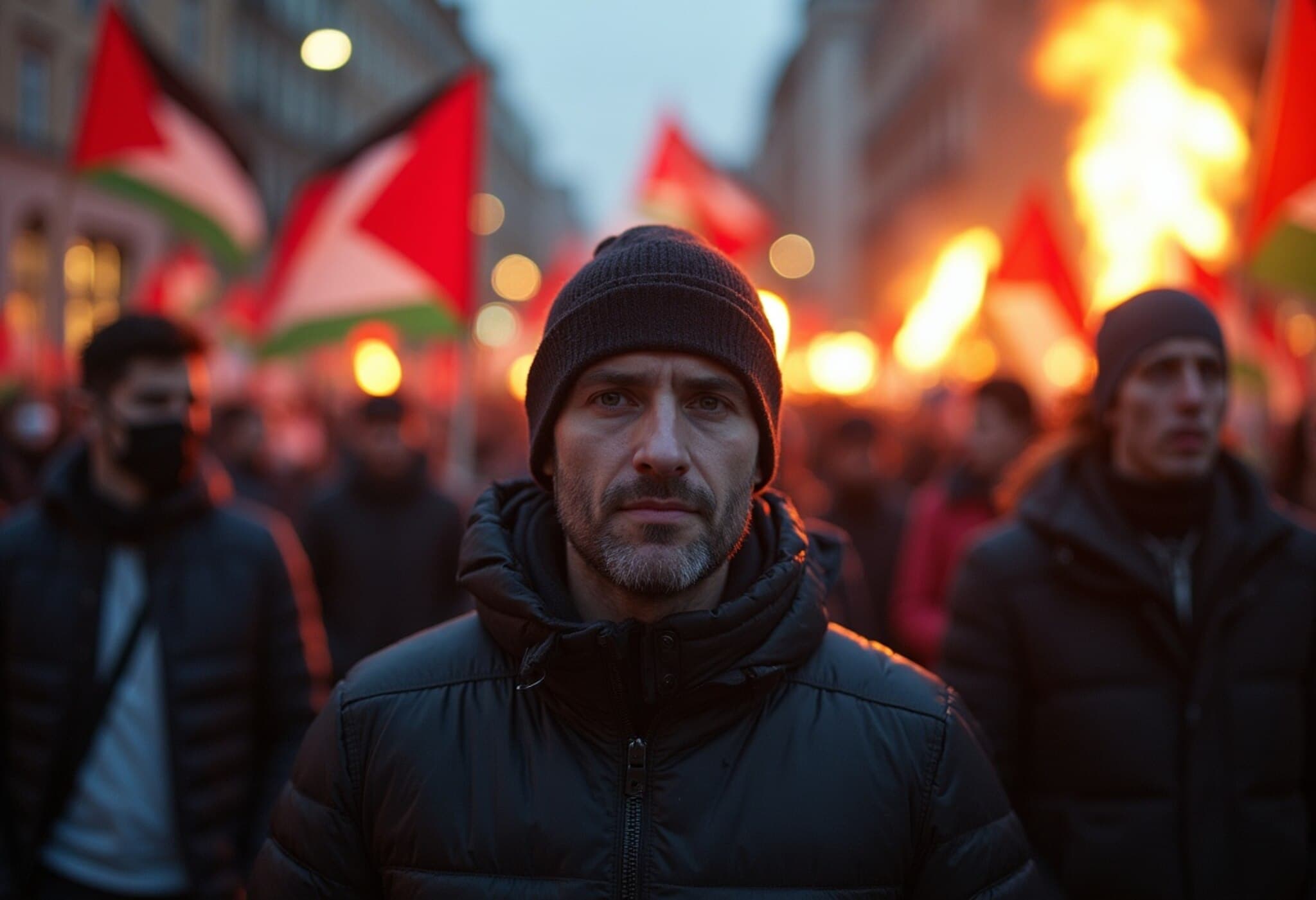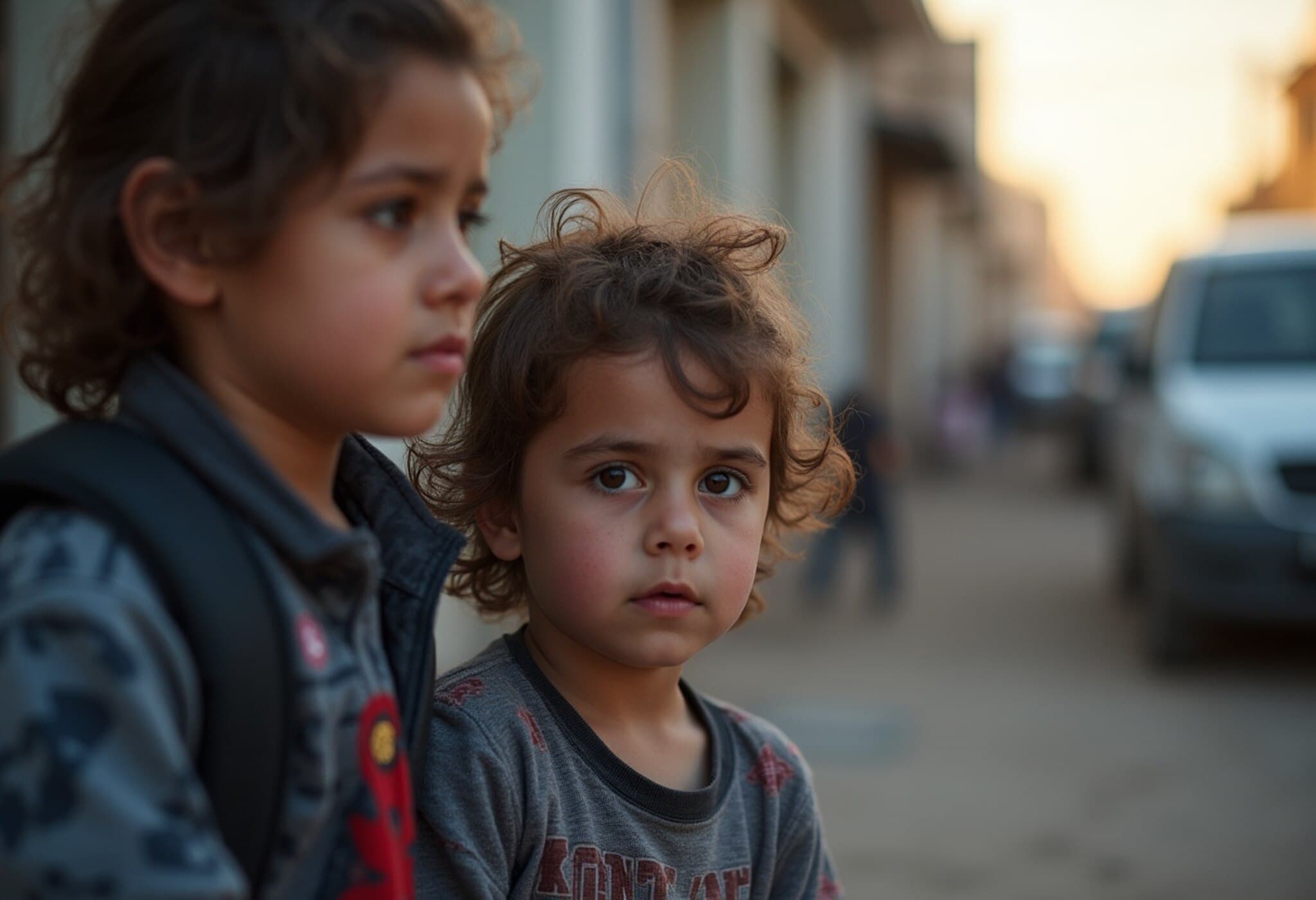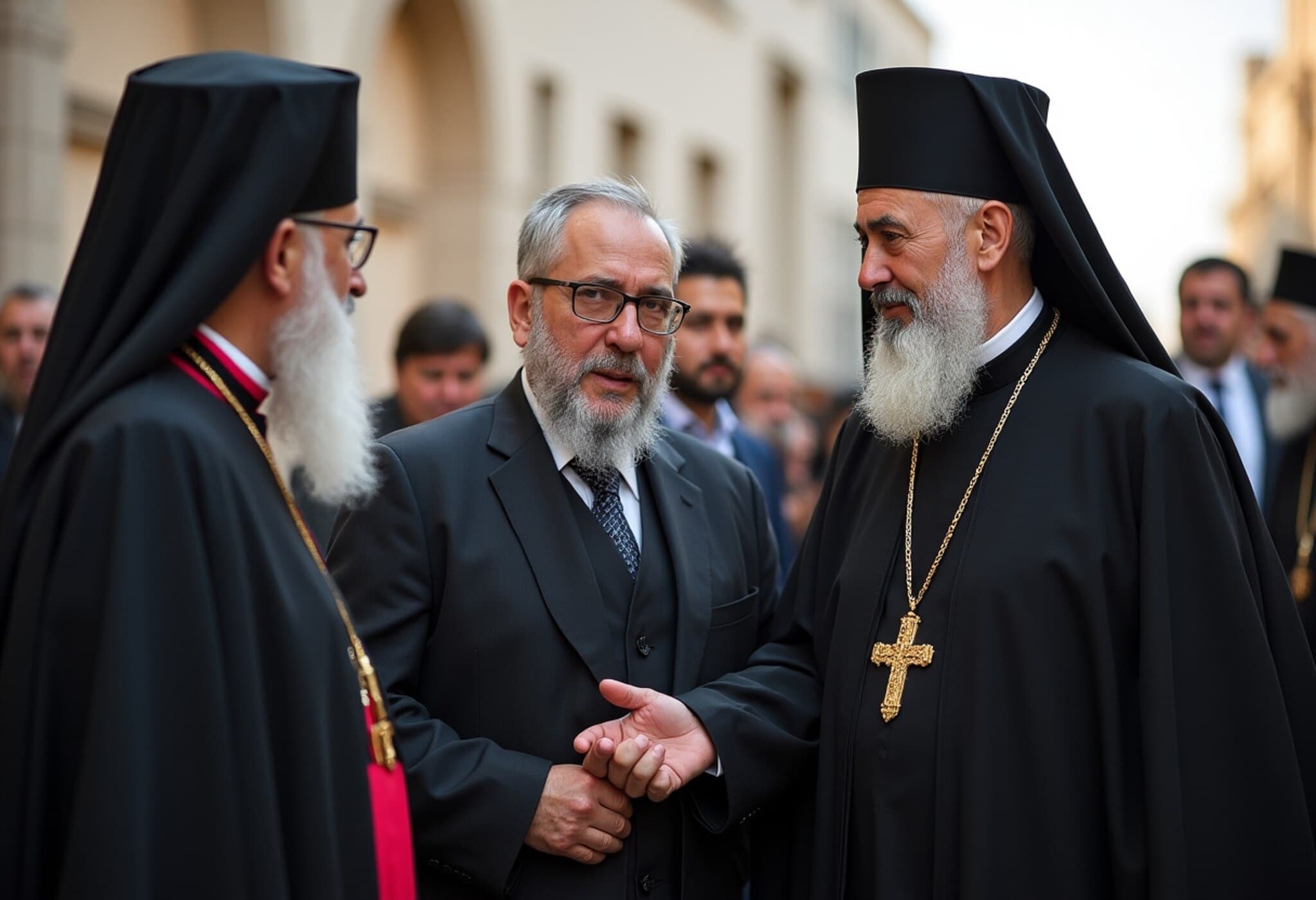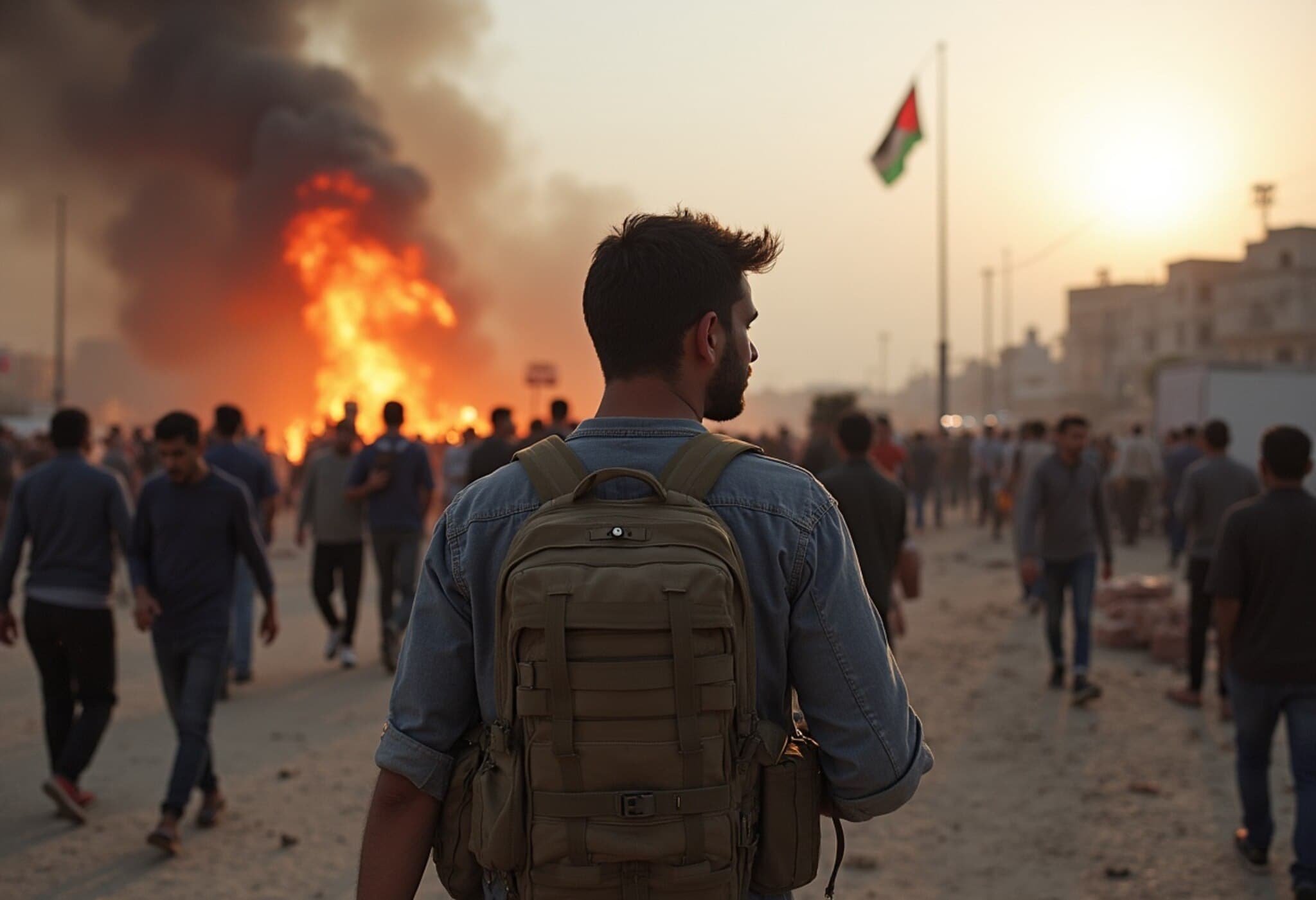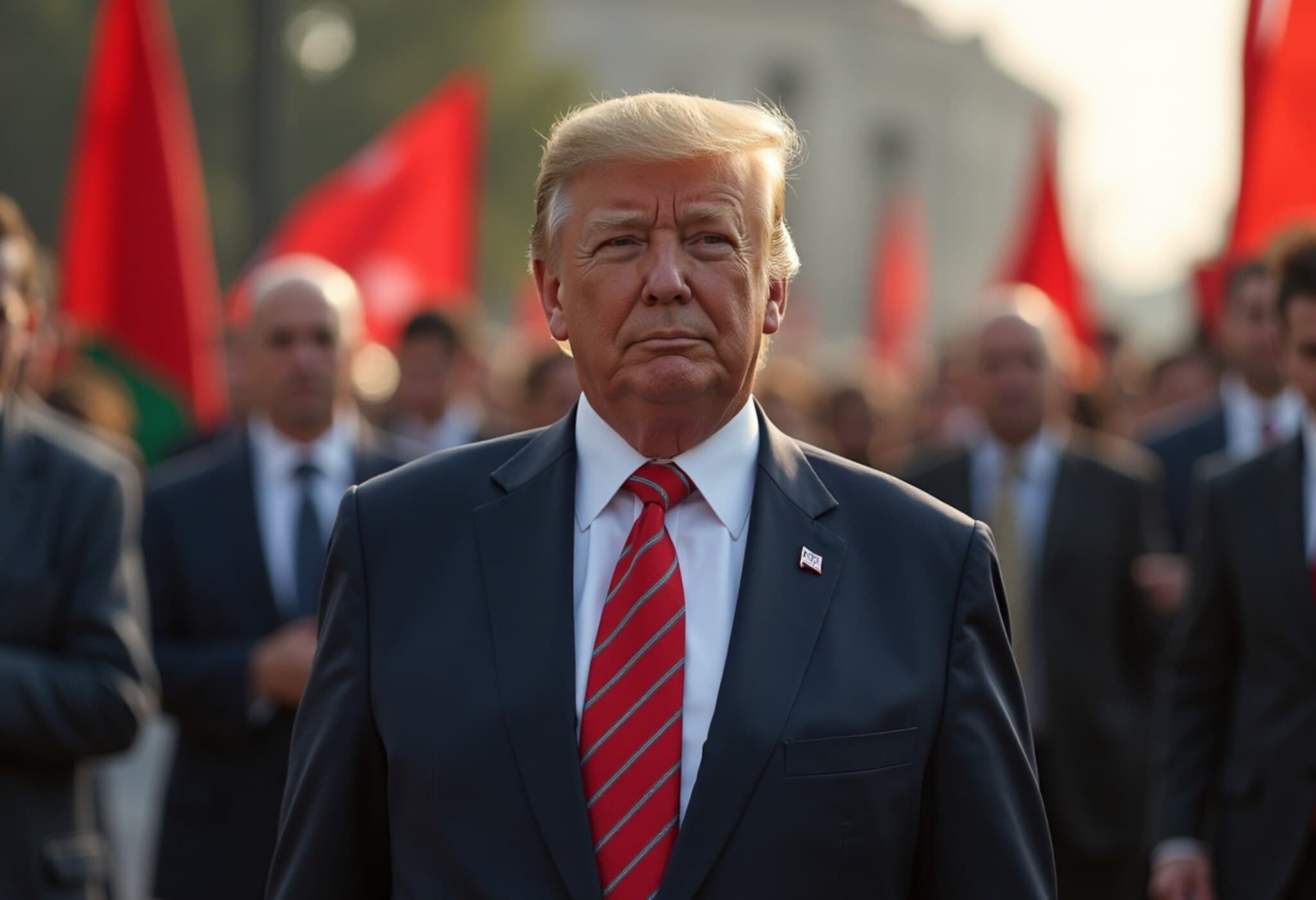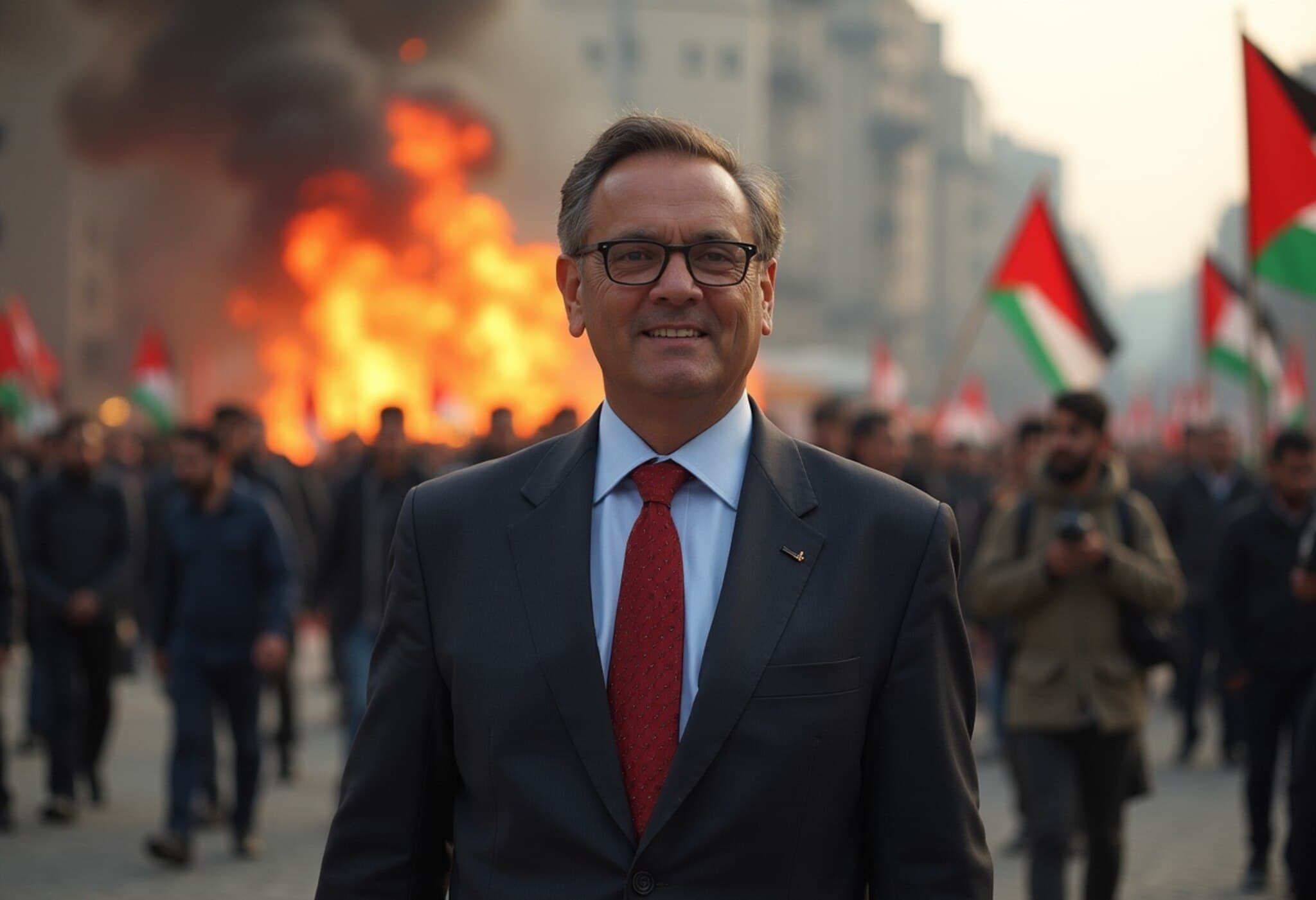Israeli Strike Hits Gaza's Sole Catholic Church, Killing and Wounding Civilians
In a tragic blow to Gaza's already devastated civilian population, an Israeli shell struck the compound of the Holy Family Catholic Church in eastern Gaza City on Thursday, resulting in the deaths of three individuals and injuring at least 10 others, including the church's parish priest, Reverend Gabriel Romanelli. The attack has sent shockwaves through the international community, prompting expressions of concern and calls for restraint.
The Church's Unique Role in Gaza Amid War
The Holy Family Church holds deep symbolic and humanitarian significance, being the only Catholic institution in the Gaza Strip. For months, it has offered refuge to hundreds of Palestinians, both Christians and Muslims, including vulnerable groups such as children with disabilities and elderly citizens. Its parish priest, Father Romanelli, who was lightly wounded in the attack, became notable for his daily communications with the late Pope Francis, who routinely inquired about the welfare of civilians sheltering in the church during the ongoing hostilities.
International Responses and Concerns
- US Political Reaction: President Donald Trump personally conveyed his frustration to Israeli Prime Minister Benjamin Netanyahu over the strike. Netanyahu expressed regret, deeming the incident an apparent accident while reaffirming Israel’s commitment to targeting only militant sites.
- Papal Condemnation: Pope Leo XIV issued a telegram expressing deep sadness over the loss of life and renewed his urgent call for an immediate ceasefire, emphasizing dialogue and reconciliation as essential to lasting peace.
- European Condemnation: Italian Prime Minister Giorgia Meloni criticized the strike, labeling the attacks on civilians "unacceptable" and highlighting concerns about the humanitarian toll on Gaza’s population.
Human Toll and Broader Context
According to Fadel Naem, acting director of Al-Ahli Hospital, the church compound housed many displaced persons, including dozens with disabilities. The casualties reported include a 60-year-old janitor and an 84-year-old woman who had been receiving psychosocial support at the site. This devastating incident underscores an increasingly grim reality for civilians amidst the 21-month-old Israel-Hamas conflict, where even designated shelters and medical facilities face risks.
Palestinian officials report that in the last 24 hours alone, 94 people have been killed and 367 wounded due to Israeli strikes across Gaza. Since October 7, 2023, when Hamas militants launched attacks resulting in over 1,200 deaths in Israel, retaliatory operations by Israel have caused over 58,600 Palestinian deaths, with women and children accounting for the majority, according to Gaza’s health authorities.
Challenges to Ceasefire Negotiations
Despite months of indirect talks mediated by regional actors such as Qatar and Egypt, progress toward a ceasefire and hostage release agreement remains elusive. Recent updates to proposals involve critical adjustments to Israeli military withdrawal parameters and prisoner exchange ratios. The Qatari prime minister is expected to meet with Hamas leadership soon to seek agreement.
Significance of Attacking Religious Sites
The Greek Orthodox Patriarchate of Jerusalem condemned the attack as a "blatant affront to human dignity" and a violation of the sanctity of religious sites. Such facilities are traditionally considered safe havens during conflicts. The destruction of these spaces exacerbates civilian suffering and deepens the humanitarian crisis.
Expert Insight: The Human and Political Dimensions
The attack on the Holy Family Church represents more than just a tragic tactical misfire—it highlights the complexities of modern urban warfare where civilian infrastructures, including places of worship, become embroiled in conflict. For the local Christian minority in Gaza, which numbers only around 1,000 people mostly belonging to the Greek Orthodox community, this event deepens feelings of vulnerability and marginalization.
From a policy perspective, such incidents strain Israel's relations with Christian communities internationally and complicate broader diplomatic efforts. They also raise pressing questions about adherence to international humanitarian law, particularly the protection of noncombatants and cultural heritage in conflict zones.
Looking Ahead
With no immediate ceasefire in sight and humanitarian needs mounting, the strike on Gaza’s Holy Family Church serves as a stark reminder of the urgent need for renewed diplomatic engagement and civilian protection measures. International actors must prioritize safeguarding vulnerable populations and religious sanctuaries amidst this protracted conflict.
Editor’s Note
The shelling of Gaza’s only Catholic church is a poignant symbol of war’s indiscriminate toll on the innocent. As regional and global powers wrestle with the path to peace, the suffering endured by civilians caught in the crossfire demands renewed focus. How can warring parties better protect sanctuaries and safeguard human dignity? And what role should the international community play in holding belligerents accountable? These questions challenge us to look beyond the headlines toward actionable solutions.

